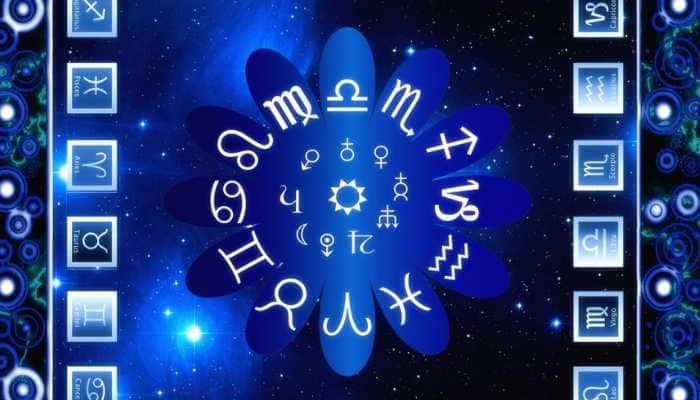Why an election result in Maldives is a shot in the arm for India
Recent times have seen relations between Maldives and India deteriorate. With Ibrahim Mohamed Solih now set to replace Abdulla Yameen, there may be a new dawn on the horizon.
Trending Photos
) Supporters of Maldivian joint-opposition presidential candidate Mohamed Solih celebrate in Male. (Reuters)
Supporters of Maldivian joint-opposition presidential candidate Mohamed Solih celebrate in Male. (Reuters) Traditionally, India and Maldives have shared a close bond with bilateral relations between the two countries flourishing despite the gaping differences of size and stature. In fact, India was one of the first countries in the world to recognise Maldives as an independent country after the island gained independence from British rule in 1966. Decades of cooperation and warm ties though became rather frosty in recent times with Abdulla Yameen pushing for closer ties with China in an unprecedented manner.
As ties with Beijing improved, suspicions grew. New Delhi became anxious. And then came the 2018 elections with Yameen eventually losing by a margin of 16.7 per cent.
Yameen's defeat at the hands of opposition leader Ibrahim Mohamed Solih would possibly calm frayed nerves in India - a country that has always seen Maldives through the prism of friendship but also a country that has been snubbed arrogantly by the Yameen government on several occasions. Just earlier this year, Maldives signed a Memorandum of Understanding (MoU) with Pakistan to develop its power sector. And before that, the island nation had scrapped a helicopter deal with India. Work permits given to Indians were being squeezed as well while Male also saying it wanted two Indian helicopters and accompanying crew stationed here to pack up and leave.
Around the same time, Yameen's push for closer ties with China were for all to see. In fact, many suspect distancing Maldives from India itself was Yameen's way of showing Beijing that it values relations with China above all else. It may have had the required results with China committing to investing big bucks in infrastructure projects in the tiny country.
China spreading its wings in the Indian Ocean has always been seen with more than just an iota of doubt. Behind its commercial assistance is the suspicion of Beijing trying to extend its military reach. Obviously then, India and even the United States have been quite alarmed at what has been unfolding in Maldives in recent times.
Democracy vs political doldrum
A certain extent of what Yameen has done vis-a-vis India stems possibly from what India has always highlighted - democractic values need to be upheld. The Muslim nation of less than half a million people has suffered a turbulent transition to democracy following the end of three decades of authoritarian rule in 2008. More recently, in February this year - Yameen imposed a state of emergency to annul a Supreme Court ruling that quashed the convictions of nine opposition leaders, including Mohamed Nasheed, the country`s first democratically elected leader and former president.
Nasheed repeatedly asked India to exert its influence to ensure free and fair elections in his country. India too repeatedly said that there should be no compromises with democratic processes. In August, PM Narendra Modi himself said that India wishes to democratic institutions functioning independently in Maldives.
Little wonder then that New Delhi was one of the first to congratulate Solih - even before Yameen had officially conceded defeat. "This election marks not only the triumph of democratic forces in the Maldives, but also reflects the firm commitment to the values of democracy and the rule of law," India`s foreign ministry said in a statement on Monday.
What now?
The transition of power is expected to be smooth with Yameen, in his televised address to the nation, assuring democratic processes to take their course. "Maldivian people have decided what they want. I have accepted the results from yesterday. Earlier today, I met with Ibrahim Mohamed Solih, who the Maldivian electorate has chosen to be their next president. I have congratulated him," he said.
For India, Solih could be a far better PM candidate to foster bilateral ties with than what Yameen ever was. Related to Nasheed, Solih is expected to share his political and diplomatic vision. During campaigning, he had assured he would repair Maldives' foreign policy - especially in relation to India. And while it is unlikely that he would completely reverse all dealings done with China thus far, returning to an India-first fold could restore status quo for both New Delhi and Male.
(With inputs from Reuters)
Live Tv







)
)
)
)
)
)
)
)
)
)
